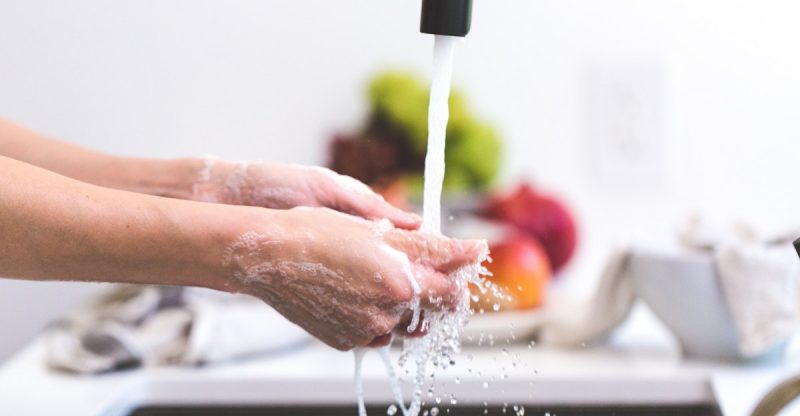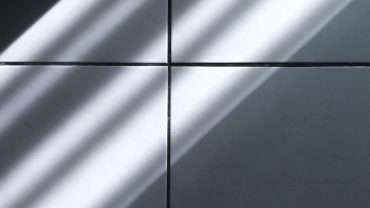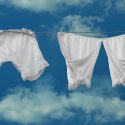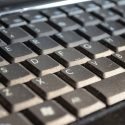How To Wash Dishes Without Dish Soap?
What are the two things you need to wash dishes? Water is one and dish soap, or any kind of soap really, is another.
What if you lack one or both of them? The absence of dish soap is easier to deal with – you can just rinse away the dishes, ideally with hot water.
Cleaning dishes without water is a bit trickier, but doable.
We have some tips to help you in both scenarios. These tips are handy if you find yourself at home without water or soap (or both), when you are camping in the wild or in an emergency.
The only thing we really recommend you have is a piece of sponge. If you can’t get that, a piece of fabric (cotton or polyester) will do.
Let’s start with the easier one. Read on to learn more on how to wash dishes without dish soap.
Washing Dishes Without Dish Soap
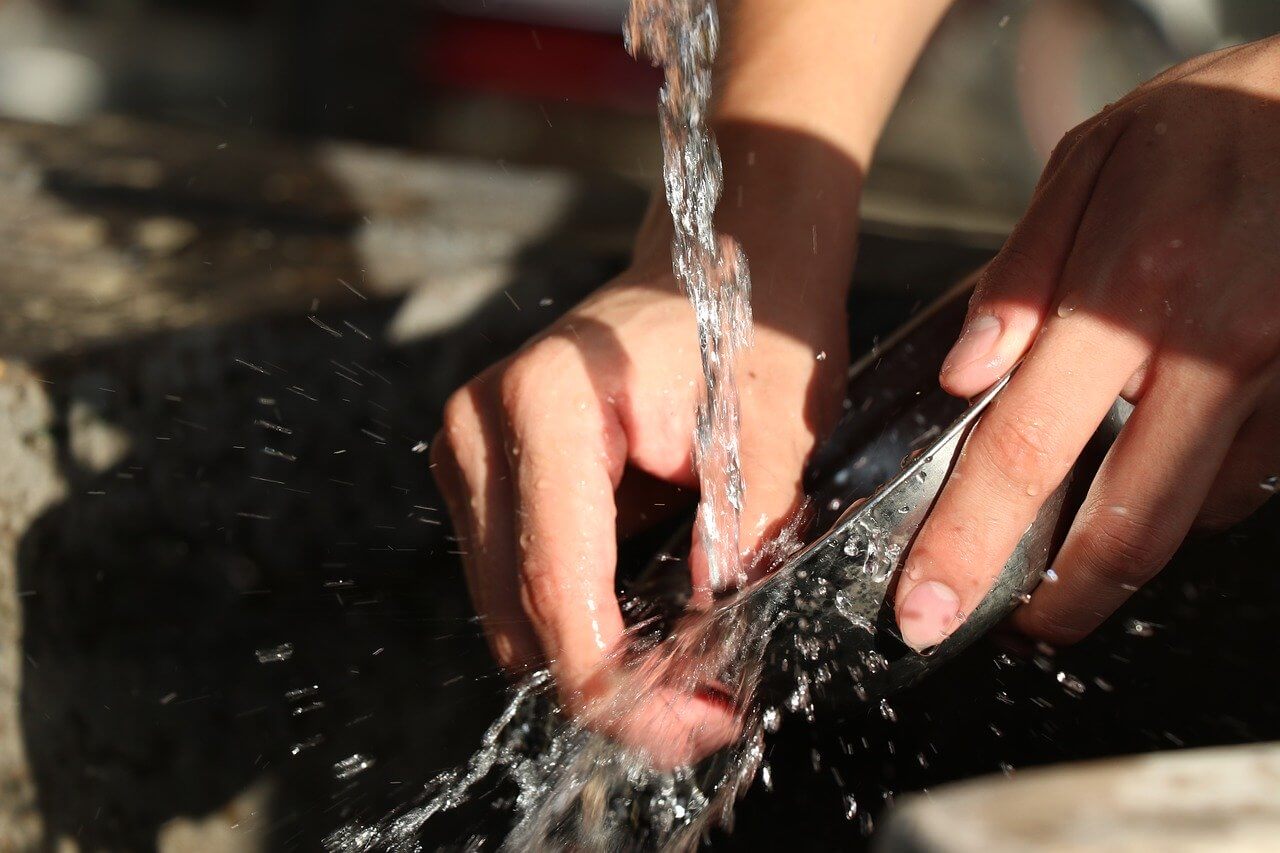
If your problem is that you don’t have dish soap, but have lots of other kinds of soap lying around the house, you have no problem.
Dish soap is different from bath or hand soap. It’s formulated specifically to deal with greasy residues on utensils.
While a bath soap may be harder to use and won’t clean your dishes at well, it’ll work in a pinch. Just make sure you rinse the dishes well to get rid of any fragrance.
If you don’t have any soap at all, here are some alternatives.
- Baking soda. Baking soda easily dissolves grease, so you can use it in place of dish soap. Rinse away bits of food from the utensil then sprinkle baking soda on it. Scrub the utensil with a sponge until it’s clean. Baking soda not only gets rid of grease; it also acts as an abrasive.
- Vinegar. Vinegar works well for non-greasy dishes (alkalis like baking soda are more effective on grease compared to acids like vinegar). Rinse the utensil then pour some vinegar on it and scrub. Rinse again to get rid of the vinegar taste.
- Hot water. Soap makes it easier to get grease and food off dishes, but how water works too. The hotter it is, the more effective it’s going to be against grease. If you have a hot water faucet, put the dishes under the running water and scrub. Alternatively, put the hot water in a large pot or basin and soak the dishes for a few minutes then scrub clean.
- Bleach is commonly used to sanitise dishes. First scrub the dishes as clean as you can with water. Then soak them in a solution of water and bleach for a few minutes. The bleach will kill any bacteria on the utensils. Remove from the solution and air dry on a dish drainer.
Note: Dish soap lifts bacteria and germs off the surface of utensils for easy rinsing with water. Without the benefit of soap, you need to make sure you don’t leave bacteria on your dishes especially if they came into contact with raw meat.
The best way to do this is air drying them. Bacteria don’t survive for long on a dry and airy surface. Get a good quality dish drainer and leave your dishes to dry on it for a few hours before storing them.
Washing Dishes Without Water
This one’s a tough one (no fun really), but here are some ideas.
- Baby wipes. If you need to clean a couple of utensils and only have baby wipes around, you can use them. But they may not get rid of all the grease or bacteria. Do not use normal anti-bacterial wipes as the chemicals used to make them may harm you if you ingest them.
- If you have some vinegar around, soak a piece of cloth or sponge with it then wipe the utensil clean. But it may leave an unpleasant aftertaste.
- If things are really bad, you can wipe away the grease and bits of food with a cloth, sponge, leaves or grass. It may not wipe away all the food and doesn’t kill germs but it’s better than nothing.

